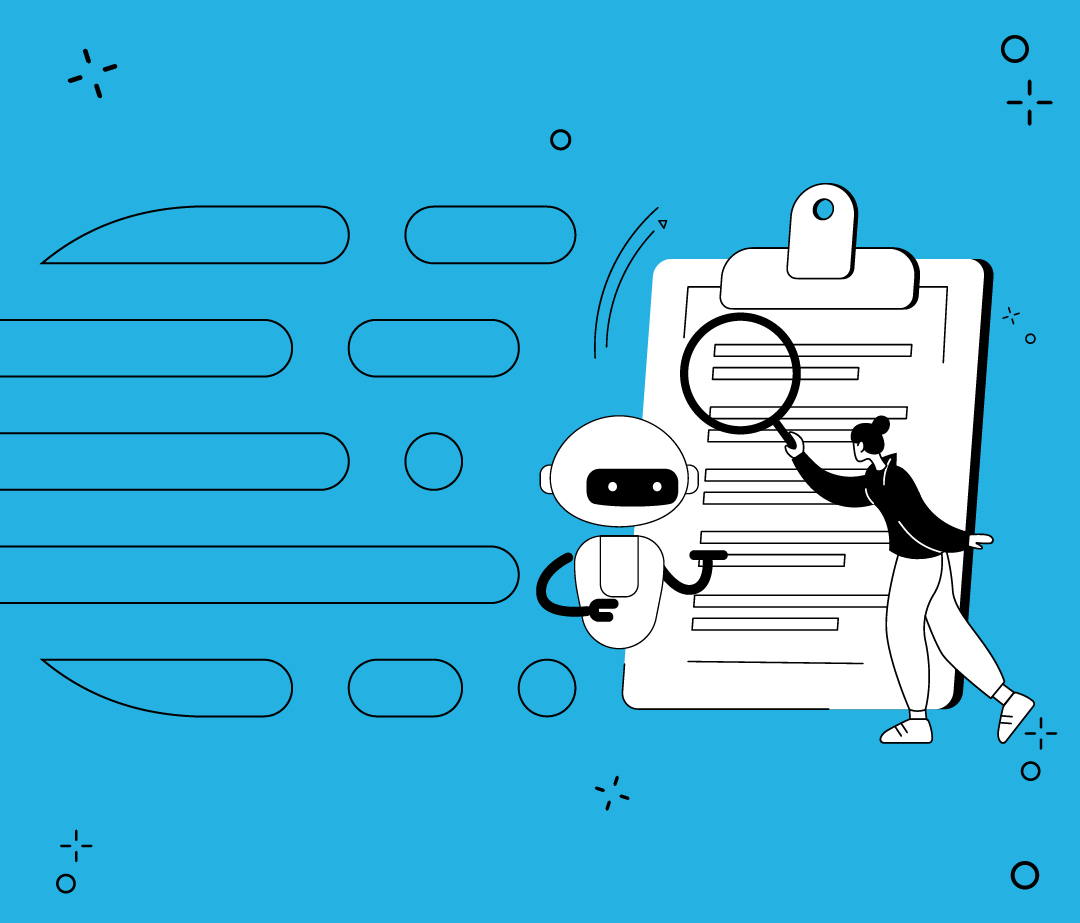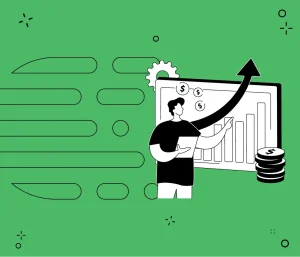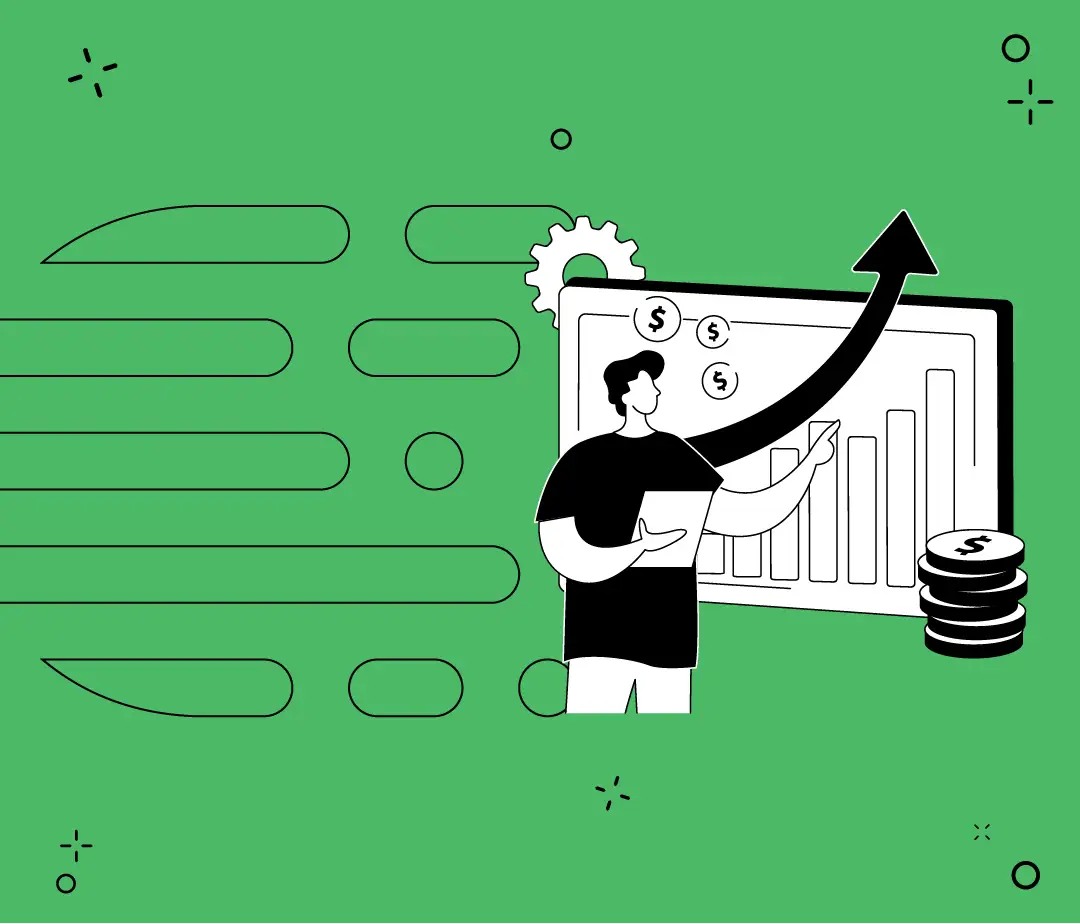AI-powered financial due diligence has become one of the most powerful tools for companies seeking growth without losing control. Thanks to Artificial Intelligence, it transforms a traditionally slow and costly process into a fast, precise analysis focused on strategic decision making. Its application not only minimizes hidden risks but also uncovers opportunities that enhance competitiveness in dynamic, highly regulated markets. Without a doubt, it is a cornerstone of financial innovation.
What is Financial Due Diligence?
Financial due diligence is an in-depth analysis of a company’s economic health. It is applied before acquisitions, mergers, or strategic investments. Its purpose is to identify hidden risks, validate accounting information, and ensure sound decision making.
Traditionally, this process was manual and could take weeks. Today, thanks to Artificial Intelligence (AI), reviews are automated, delivering faster and more accurate results.
Benefits of Applying AI to Financial Due Diligence
Reduced Time and Costs
Tasks that once took weeks can now be completed in hours. Automation cuts review time by up to 70%.
Higher Accuracy in Analysis
AI eliminates human error and interprets both historical and current data to deliver stronger conclusions.
Detection of Hidden Risks
Algorithms identify irregular financial patterns, detecting warning signs analysts might overlook.
Automated Regulatory Compliance
RegTech solutions automatically update legal changes, minimizing the risk of penalties.
Subscribe to our newsletter
Immerse yourself in the world of technology with a human touch.
Types of Due Diligence
Due diligence is a comprehensive process that spans multiple areas of a company. It goes beyond finance, covering legal, tax, technological, and commercial aspects. Each type has a specific purpose, and Artificial Intelligence (AI) helps improve accuracy and speed of analysis.
Financial Due Diligence
The most well-known type, it focuses on financial statements, balance sheets, cash flow, and revenue projections. Its role is to confirm the accuracy of reported numbers and assess the company’s economic sustainability. AI speeds up this process with machine learning, detecting accounting anomalies, benchmarking against industry standards, and anticipating liquidity or profitability risks.
Legal Due Diligence
It reviews contracts, agreements with partners and suppliers, intellectual property, and potential ongoing litigation. Its goal is to ensure there are no hidden liabilities or clauses that could compromise the deal. Here, AI applies natural language processing (NLP) to review thousands of legal documents and highlight critical clauses within minutes.
Tax Due Diligence
It assesses tax compliance, existing tax liabilities, and the company’s tax planning strategy. Detecting irregularities here is crucial to avoid penalties or future debts. AI algorithms cross-check tax data with official records, flagging inconsistencies that manual reviews may miss.

Compliance and Risk Due Diligence
It verifies the company’s compliance with local and international regulations, such as anti–money laundering, data protection, or environmental standards. AI and RegTech solutions enable real-time monitoring of transactions, identify suspicious patterns, and generate automated alerts that reduce regulatory risks.
Commercial Due Diligence
It analyzes the company’s market position: customer base, sales forecasts, competition, and expansion opportunities. AI-powered market data analysis tools detect trends, predict customer behavior, and assess the stability of the commercial portfolio.
Technological Due Diligence
It evaluates IT infrastructure, cybersecurity, software quality, and the validity of technology licenses. This is critical in acquisitions involving digital companies or startups. AI supports this area through automated security testing, predictive vulnerability analysis, and system performance evaluations.
Conclusion
AI-powered financial due diligence is no longer just a control exercise; it has become a driver of strategic decisions. It goes beyond risk identification, enabling companies to anticipate scenarios, assess hidden opportunities, and close deals faster and with greater confidence.
For executive teams, this means less uncertainty and more confidence in every corporate move. The combination of expert analysts and artificial intelligence does not replace human judgment but enhances it with data that was previously impossible to process in time.







0 comments
·
4 min Read